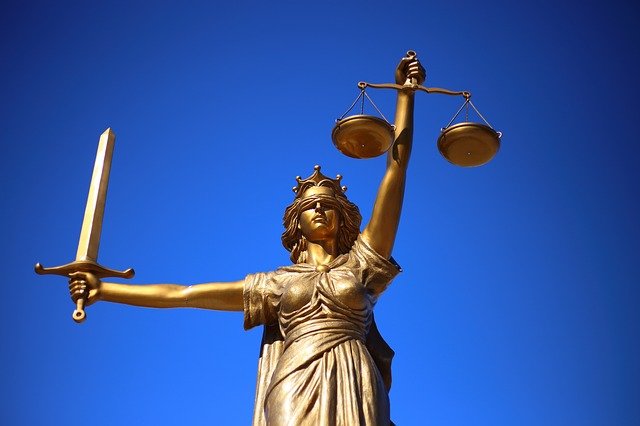Your Guide to Understanding Acquittals
Image by Sang Hyun Cho from Pixabay
At the end of a criminal trial, the defendant is either convicted if there is enough evidence or acquitted if he or she isn’t found guilty. The finding can be either by the jury or a judge. There is a need for the defendant to understand the following with regards to an acquittal; the difference between an acquittal and not guilty verdict, partial acquittal, double jeopardy clause, dismissal, dropping of charges, and civil liability.
The distinction between an acquittal and a not guilty verdict
In an acquittal, the defendant has a criminal charge against him or her dismissed where the prosecutor fails to prove beyond reasonable doubt that he or she is guilty. The accused may be acquitted but that does not imply that he or she is innocent as the evidence may have been insufficient. In a not guilty verdict, the defendant is found legally not responsible for the accused crimes.
Partial acquittal
In a partial acquittal, the accused is found guilty on some but not all the charges against him or her. The reason is that the prosecutor may have enough evidence on some charges and insufficient evidence on others. The defendant is punished for the counts he or she is found guilty.
Double Jeopardy Clause
The Double Jeopardy Clause provides immunity to the defendant from being tried twice for the same criminal charges. Double jeopardy attaches only after the accused has been acquitted. The double jeopardy rule is limited as the defendant can be charged in the federal court for the same offenses acquitted in the state court or charged in the state court even after being acquitted by the federal court. The reason is that federal governments consider state governments as distinct sovereigns.
Dismissal
The prosecutor on account of having insufficient evidence to support charges against the defendant can file for dismissal of the case. The judge may also dismiss the case if it lacks enough evidence. A criminal defense lawyer can petition the court to dismiss charges against his or her accused client due to various reasons, including unlawful arrests, obtaining evidence illegally, and insufficient evidence.
If the dismissal occurs before a judge or a jury determines whether the defendant is innocent or guilty, there is no chance for an acquittal. The prosecutor is not barred to re-file the case at a later date. A criminal defense attorney is crucial in helping a defendant in understanding an acquittal process in its entirety. The prosecutor may decide to drop charges against the accused before formally filing it if the prosecutor has insufficient evidence to sustain the trial.
Civil Liability
A civil trial against the defendant is also plausible even after a criminal trial has ended with an acquittal. The defendant may be held civilly responsible still on the same criminal charge. The reason is that civil cases have a lower burden of proof than criminal cases. If the defendant is found liable in a civil suit, he or she is required to pay monetary damages awarded to the victim by the jury or the judge. Criminal defense attorneys can advise the accused person regarding the probable liabilities he or she may face in a civil case.

